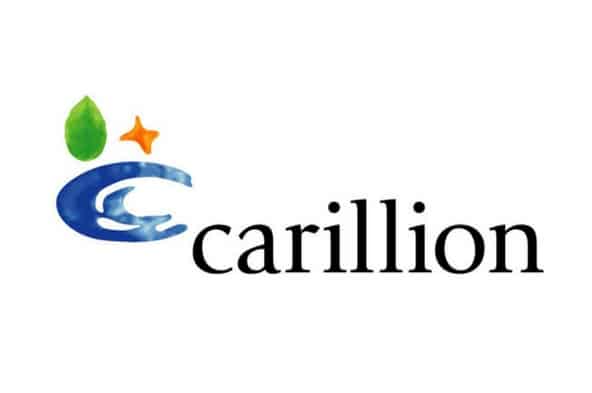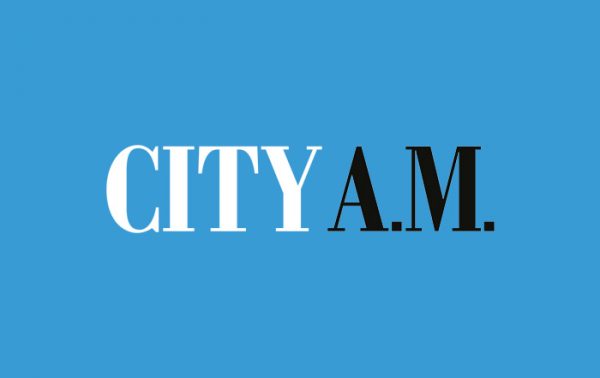In these unprecedented times, no one could have foreseen how desperately businesses would struggle to survive following the impact of a global disease.
The impact of Coronavirus has left all kinds of businesses across the UK in dire straits, having been in lockdown and unable to trade for months on end.
After COVID-19 hit the UK, the Chancellor announced a Bounce Back Loan scheme which came as relief for some.
What is a Bounce Back Loan?
Small and medium-sized businesses were invited – if they met certain criteria – to borrow between £2,000 and up to 25% of their turnover, with a maximum loan of £50,000 available.
The government guarantees 100% of the loan and there are no fees or interest to pay for the first 12 months.
However, the interest creeps up to 2.5% per annum after the initial year-period.
So far, over £14 billion has been handed out through Bounce Back loans, along with more than £7 billion via the Coronavirus Business Interruption Loan Scheme which is aimed at slightly larger players and has stricter rules.
Despite no repayments being requested within the first year for Bounce Back Loans, you may find your business finance has deteriorated even more, due to lack of customers, poor supply chain or constant closure.
Is a personal guarantee needed for a Bounce Back Loan?
The government prevented lenders from demanding personal guarantees foe these loans, making companies solely reliable for repayments.
Business lenders typically require a personal guarantee from one or more company directors before lending, which places directors’ personal assets at risk – notably their home – so this is a significant aspect of Bounce Back Loans.
What if I can’t pay the loan back?
For some, you may find yourself in a position where circumstances have become so bad that you cannot repay the Bounce Back Loan.
If directors use some or all of the loan to repay borrowing with a personal guarantee attached, it may be viewed as a preferential payment if the company is liquidated.
It is also important to consider the declarations that were made when you applied for the loan. If any declarations are found to be false, the terms and protections provided by the scheme, may not apply.
On application, the business owner must declare that their business was negatively affected by Coronavirus and that it had not experienced any financial problems before 2019 ended.
Unsustainable debt
The Telegraph reported that almost half of borrowers of this loan did not expect to pay it back.
A recent report by TheCityUK’s Recapitalisation Group predicted that by next March, there will around £36 million of unsustainable debt owed by businesses. This means that the government will be forced to step in and either offer a loan programme or convert cash owed into grants which will see them written off.
Here to help
If you are worried about your business’ debt due to COVID-19 and you cannot pay your Bounce Back Loan, you must act quickly.
You can speak to our team here at Insolvency Support.
Our Manchester-based advisers are trained to deal with situations just like yours and there are several plans we can put in place to help you. Contact us today on 0161 8719 842 for a confidential conversation.


